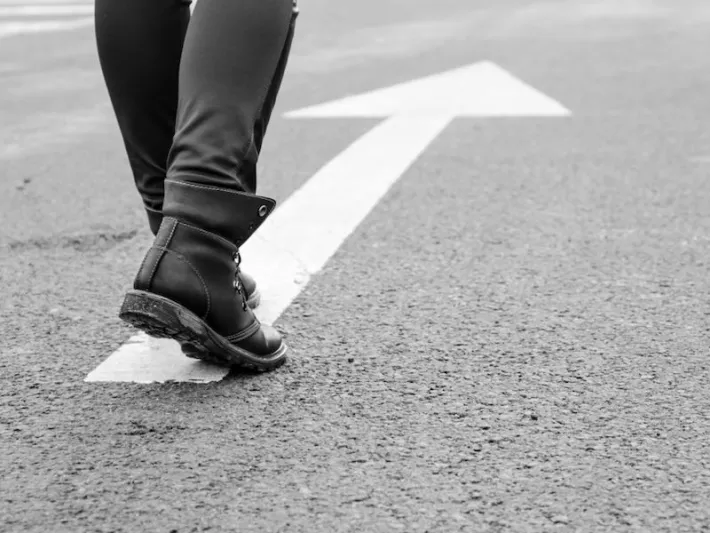A listener named Paul posted this kindly worded comment on Facebook. He wrote, “Mignon, I love your podcast. I have listened to every single episode. I love your sense of humor, and I love your pleasant speaking voice – except for one thing. Would you please, please, pretty please with sugar on top, stop mispronouncing the word “forward”? You almost always pronounce it “foe word” instead of the correct “fore word.” You have done it for years and years … If this is some regional variation of the word, then I apologize, but I have never heard anyone else pronounce it “foe word” in my life.
Thank you, Paul. You’re right. When I think about it, I do pronounce the word “fo-word,” and I never realized I was doing it. It’s just how I say the word.
The British don’t always pronounce their R’s
I guess my pronunciation is more like the British pronunciation because people with a British accent tend to drop their R’s. I’ll never forget sitting in an intro to biology class with a professor who had a strong British accent, and she told us we needed to “mark our tubes” for an experiment. And I thought she said we had to “mock” our tubes, like make fun of them, and I was super confused, and I wasn’t even close to the only one who thought she’d said that. In fact, so many people were looking at each other and asking, “We’re supposed to mock our tubes?” that she got really annoyed and clarified in an exaggerated American accent, you need to maRk your tubes.
Anyway, getting back to “forward,” there’s no reason I would tend toward a British pronunciation, so what’s going on? It turns out that even though you may not have heard anyone else pronounce it that way, it’s not a rare pronunciation in the United States. The online Merriam-Webster dictionary includes it as an alternate pronunciation, although the other dictionaries I checked don’t.
The ‘foward’ pronunciation is an example of dissimilation
It turns out that it’s actually a well-known linguistic phenomenon called “dissimilation.” In dialects like American English that are rhotic, meaning we pronounce our R’s, people still tend to drop an R if it is in the middle of a word and comes before another syllable that has an R. It’s why you hear “suprise” instead of “surprise,” “advesary” instead of “adversary,” “catepillar” instead of “caterpillar,” and “paticular” instead of “particular.” And for what it’s worth, I pronounce all those words in the dissimulated way—without the first R—so it’s a significant part of my speech pattern.
People say ‘foward’ all over the United States
I wondered if it’s regional too, but it turns out it’s not. According to a 2009 paper by Nancy Hall, the first time a linguist described people dropping the R from “forward” was in 1893, and that linguist cited his own southern Michigan dialect. Hall also notes that Albuquerque, a city in New Mexico, used to be spelled with an R in the second syllable, like Al-bur-querquy, but they dropped the R from the spelling sometime in the nineteenth century, likely because people weren’t pronouncing the R, so they decided to drop it from the spelling too. I’ve also seen comments that pronouncing it “fo-ward” is more common in the American South or in California, but I didn’t grow up in either of those places. I grew up in Seattle, and I’m pretty sure I’ve been saying it this way my whole life. Ultimately Hall’s impression is these pronunciation differences are “common in most, and perhaps all, rhotic dialects the US,” meaning anywhere that people normally pronounce their R’s, as in “mark your tubes.”
Fortunately, Hall says that the way I pronounce “forward” and other such words isn’t generally stigmatized in America, so whew. That made me feel better. I’d like to tell Paul that I’ll try to pronounce it “forward” with the R, but I suspect that even if I tried, I’d forget in a few weeks because the way I’ve pronounced it all my life is so ingrained in my brain. I’m sorry it bothers you, but I hope it might bother you less now that you at least know what it’s called and that it’s a widespread, long-standing way that some Americans pronounce these kinds of words. And thanks for the message that led me on this interesting research path. I was surprised there was this much to say about it!
Image courtesy of Shutterstock.




